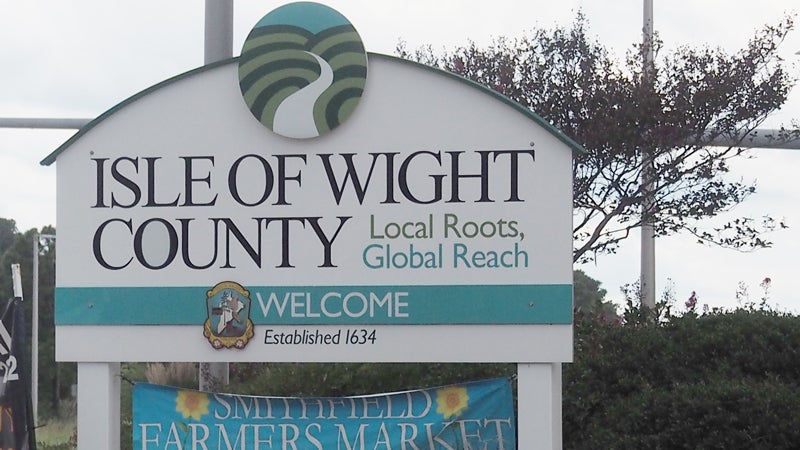EVMS project targets diabetes in Western Tidewater
Published 6:10 pm Tuesday, September 21, 2021
Eastern Virginia Medical School is launching a major effort to target diabetes in Western Tidewater — a largely rural area where the disease is a leading cause of hospitalizations and death.
The $800,000, four-year project is expected to launch by early 2022, according to an EVMS press release. It will measure the impact of a coordinated, multi-faceted approach to improve access to diabetes-related education and care in the region and to reduce hospitalizations due to diabetes and its complications, said endocrinologist Dr. David Lieb, associate professor of internal medicine and medical director for the project.
The 160,000 residents of Western Tidewater are more likely than others in Virginia to have diabetes, Lieb said. They have high rates of traditional risk factors for diabetes and related complications including older age, obesity and food insecurity.
The region also has a large African American population, Lieb said. African Americans in Western Tidewater are twice as likely as whites to be hospitalized for complications of diabetes.
All this contributes to the driving need for intervention, said Lieb.
“It is imperative that our community determine impactful methods to reduce the prevalence of diabetes, care for those with diabetes and reduce rates of hospitalization and death from diabetes and its related conditions,” he said.
Dr. Alfred Abuhamad, interim president and provost of EVMS and dean of the School of Medicine, said the project speaks to the school’s community focused vision.
“Thanks to support from the community, EVMS has developed considerable expertise in diabetes,” Abuhamad said. “It’s fitting that we leverage that capability to provide support to our underserved communities.”
Lieb is one of four main investigators on the project from the EVMS Strelitz Diabetes Center. He is joined by Dr. Elias Siraj, professor of internal medicine, chief of endocrine and metabolic disorders and director of the Strelitz Diabetes Center; Dr. Henri Parson, associate professor of internal medicine and director of microvascular biology; and Dr. Carolina Casellini, assistant professor of internal medicine.
Siraj has played a key role in the conception of the project and is now collaborating and overseeing the project. He applauded the decision by EVMS leadership to fund the work and said it reinforces the school’s commitment to improve health disparities in the community.
“The Western Tidewater area is one of the most affected areas in Virginia when it comes to diabetes and its complications,” Siraj said.
EVMS has had a presence in Western Tidewater for nearly a decade — an effort largely dependent on funding from outside agencies.
“What we need now is a model that is more sustainable,” Lieb said.
To achieve that, the EVMS project will provide pilot data about the scope of the problem. That information will be utilized in future applications for research opportunities and extramural funding mechanisms geared to patient-oriented outcomes and community interventions.
A key component of the project, Lieb said, is widespread diabetes screenings — combined with follow up so that individuals who screen positive are connected with the resources and the care that they need.
Another key focus will be on patients who are frequently hospitalized or seek emergency care for diabetes-related complications.
“Our hope is that we can connect those individuals with care coordinators, diabetes educators, help with transportation and give them as much of a leg up as possible to help reduce healthcare touch points,” Lieb said.
The project involves a range of partners both at EVMS and at Sentara Healthcare. For instance, EVMS students, residents and fellows will assist with data collection. In return, they will accumulate valuable exposure to research methods.
Sentara has long recognized that diabetic patients in Suffolk and the surrounding area have higher rates of hospitalization, said Dr. Michael Genco, vice president of medical affairs at Sentara Obici Hospital.
“We are very excited to partner with EVMS to help improve care for our patients with diabetes and pre-diabetics,” Genco said. “Dr. Lieb’s study is a great way to start addressing this healthcare problem.”
Genco said the patient education component of the EVMS study dovetails with the hospital’s Community Health Outreach Program that provides ongoing health education for recently discharged patients with chronic diseases like diabetes.
Other collaborators include Maryanne Gathambo, director of Community Engaged Learning, and Amy Paulson, director of the Consortium for Infant and Child Health (CINCH).





